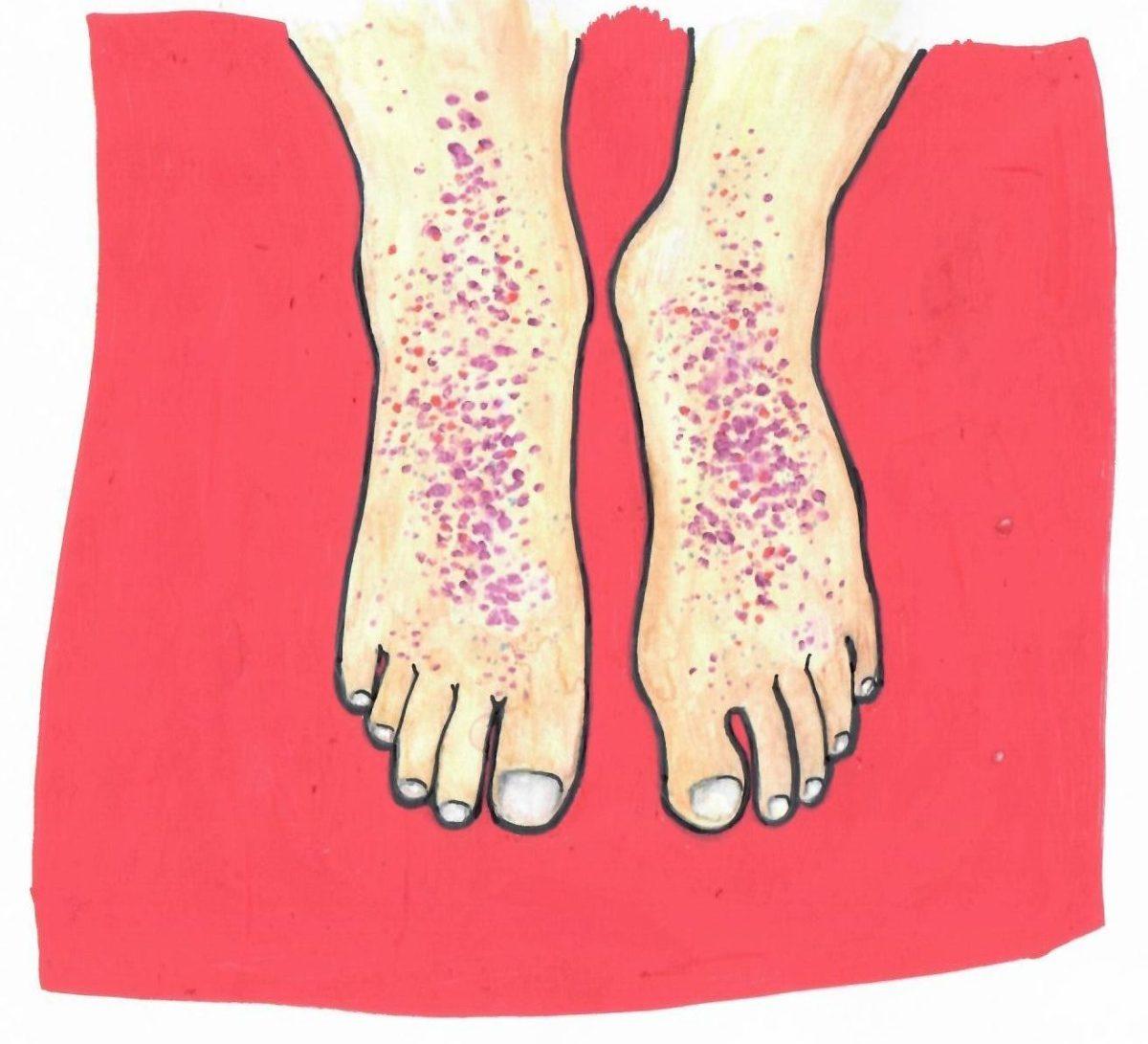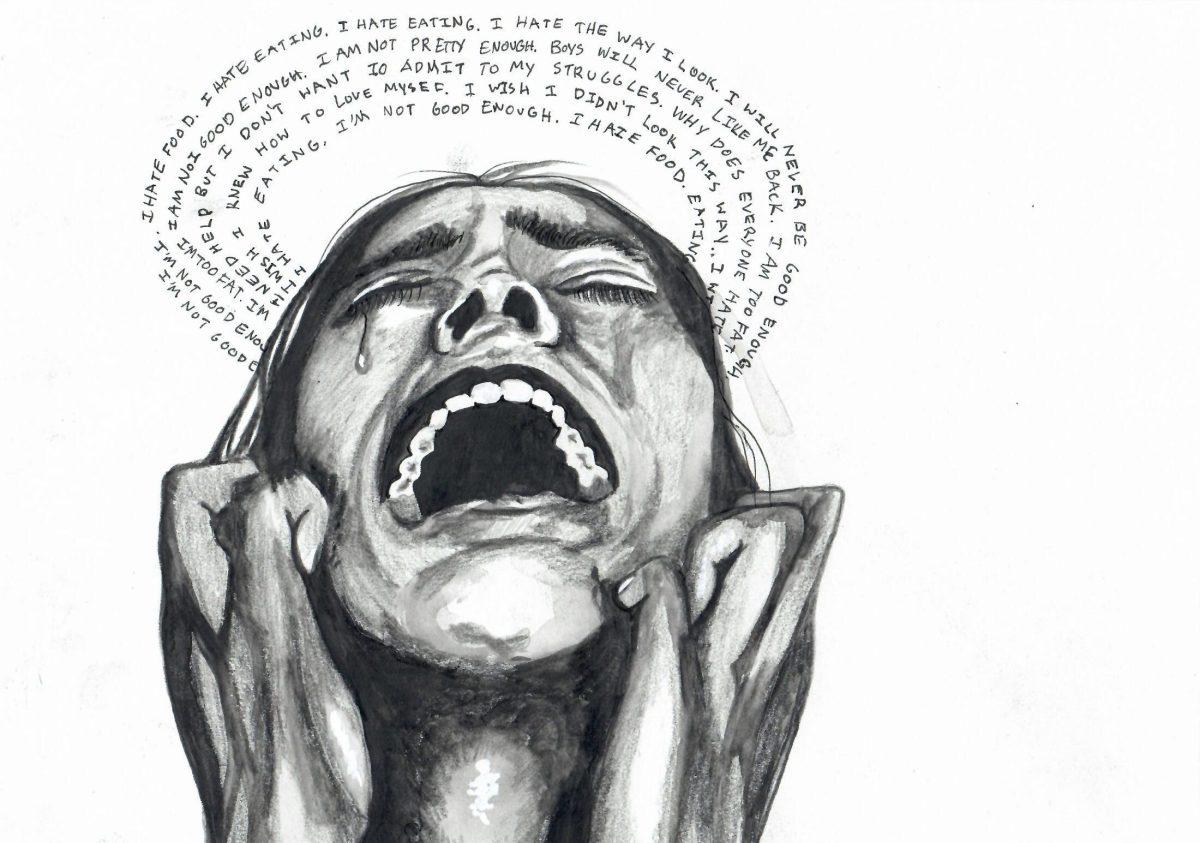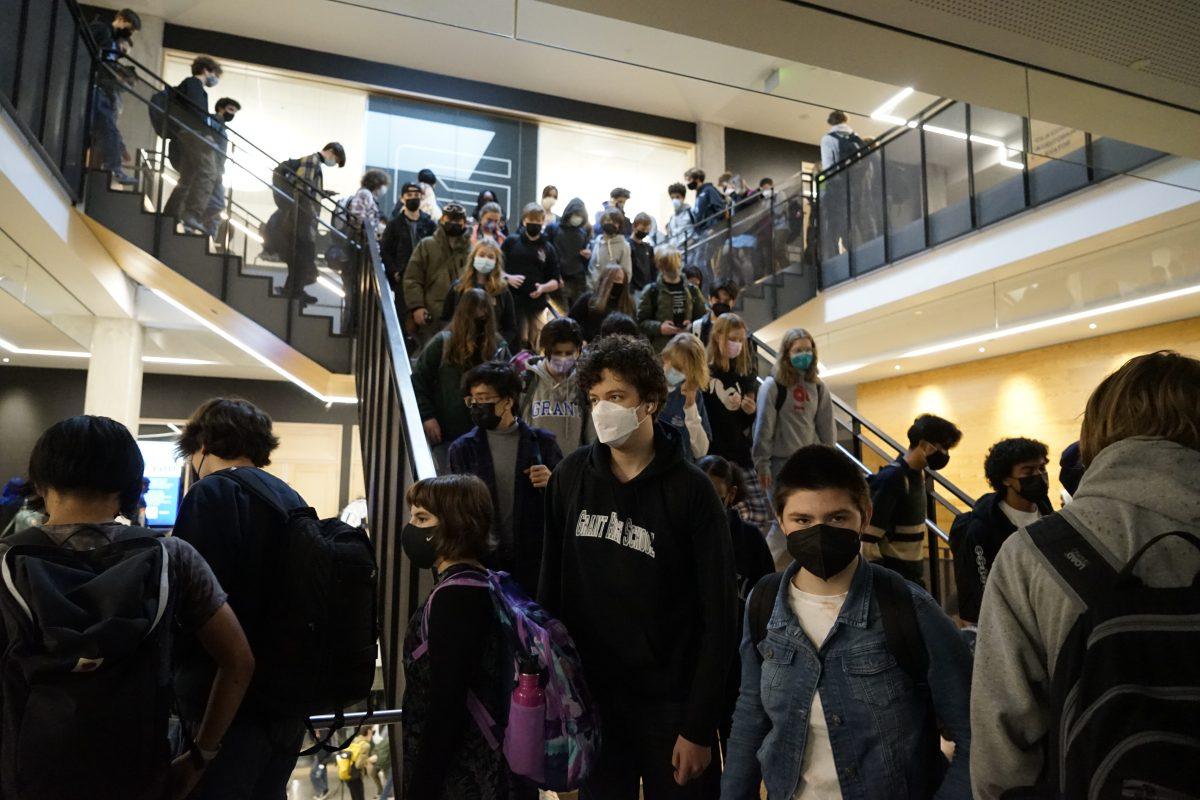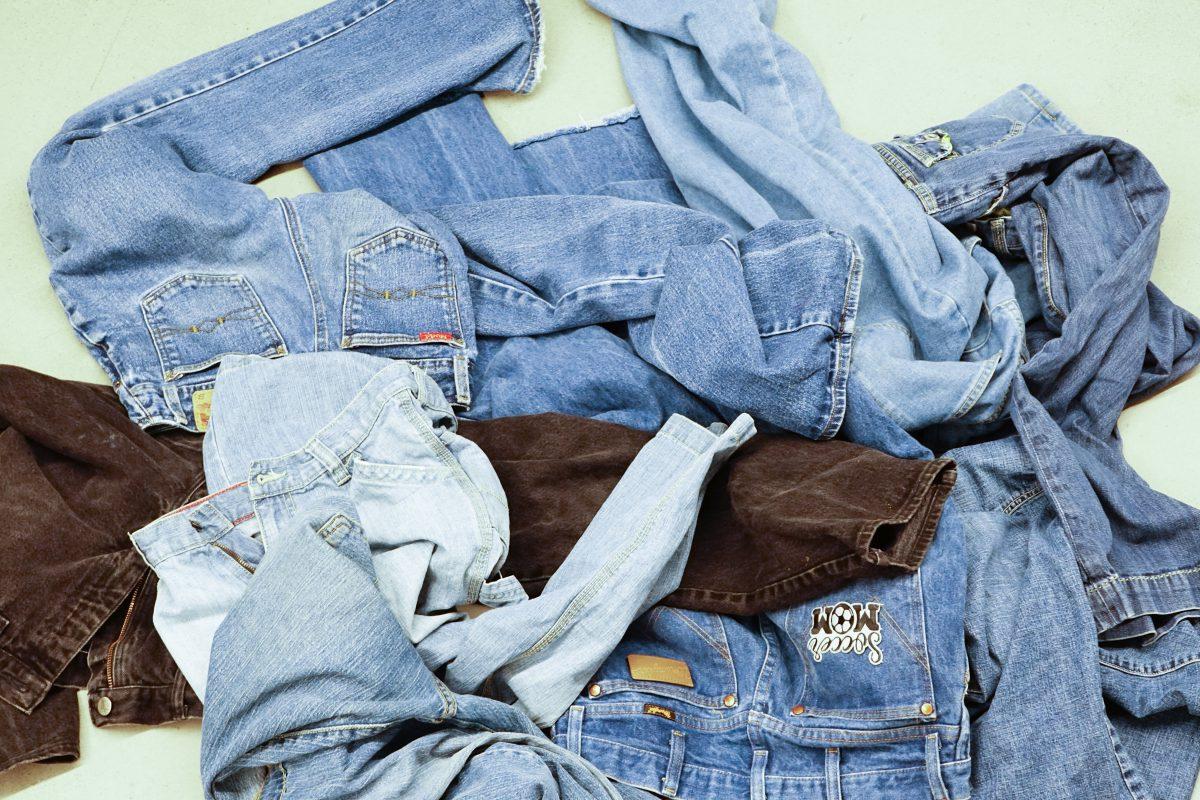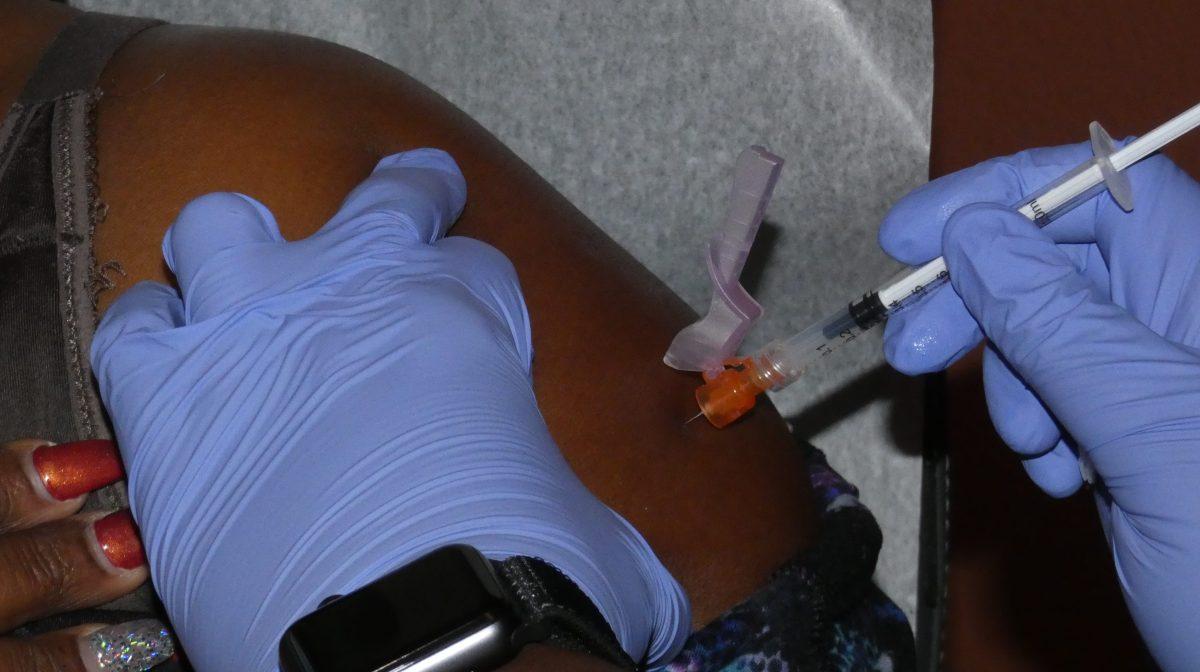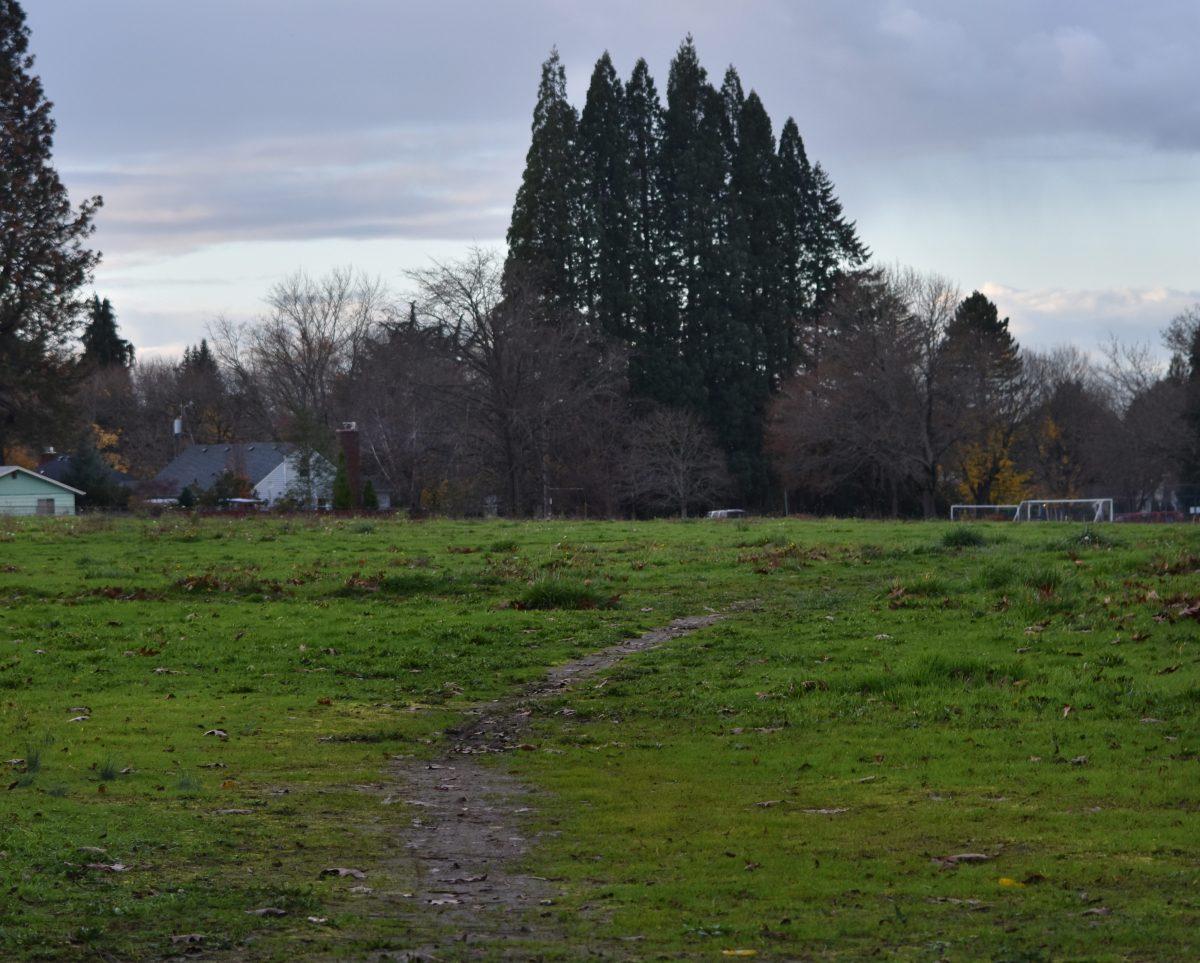Seven … eight … nine … ten! I smiled as I fell to the floor, my body trembling after three sets of 10 pushups. My arms ached from the exertion. When I caught my breath, I took a gulp of water, thinking back to just a couple of months ago, when I underwent the most painful experience of my life.
This story starts on a crisp winter day in February 2021, when the first snowflakes of a winter storm began to fall. I woke up in the middle of the night with an aching stomach. I thought that dinner was probably just a little undercooked, so I rolled over and went back to sleep. Yet, when the morning sunlight streamed through the windows, the ache was still there.
Irritated and sleep-deprived, I rolled out of my bed to start my day. The pain persisted, and by lunch I felt fatigued and uneasy. Concerned I might have caught the coronavirus or the flu, I canceled plans to enjoy the snow with my friends. Instead, I spent the day on the couch, hoping I would recuperate fast enough to enjoy the wintry weather.
A quick recovery did not happen. Instead, I spent the weekend watching TV as I was pummeled with muscle aches, fevers and pain all over my body. Luckily, the snow seemed to stay for a while. I was optimistic I would recover in time to still enjoy it. But on Sunday night, I noticed swelling in my left foot. It didn’t stop there, either. By Tuesday, my hands were small balloons, my feet puffy pillows. A purple-red rash had developed around these areas. That day, I was taken to a doctor and diagnosed with Henoch Schonlein Purpura, or HSP.
Doctors aren’t sure exactly what causes HSP. The most common theory is that it is a malfunction of the immune system after a sickness. The body produces antibodies that attack the small blood vessels in your hands, feet, stomach and kidneys, causing swelling and pain. Usually, the disease goes away on its own, though in severe cases people can suffer significant kidney damage.
The doctors didn’t think it was a huge cause for concern, so I was sent home. However, as I sat down for dinner the next day, I threw up. Once I started vomiting, I couldn’t stop. By Thursday morning, my stomach could not keep any food or water down. My dad, a pediatrician who rarely sees an illness he cannot handle, decided to take me to the emergency room. To get to the car, I had to drape myself over my father’s shoulders, lacking the strength to support myself. As we wove through the streets of a thawing Portland, I tried to focus on controlling the nausea eating at my stomach.
When we arrived at the hospital, the staff got me a wheelchair. My dad brought me in and helped me into a bed. As we waited for a nurse or doctor, I curled into a ball. At that point, the pain had taken over my mind. It dulled every feeling, every sensation, its invasive touch being the only thing I knew.
Fifteen minutes after I arrived at the hospital, a few nurses and a doctor came into my room. After learning of my condition, they decided to give me medication for my nausea and set up an IV drip so I wouldn’t get dehydrated.As they stuck a needle in my arm and hooked me up to the drip, they asked me a couple of questions about my symptoms. It took tremendous effort to even give a one-word answer.
I eventually fell into a fitful sleep. When I woke up, I felt much better. The pain in my stomach was under control, even if my limbs were immobile. Not being able to do much else, I spent the hours watching movies or talking to my dad who sat in an armchair to the right of my bed. Occasionally, a nurse came in to refill my IV. In the afternoon, they informed me that they would be putting me on steroids to reduce the swelling and inflammation. As it looked like I would be staying overnight, the nurses transported me upstairs to the children’s ward.
I didn’t know it at the time, but it would be my home for the next five days.
The days at the hospital began to blur together, becoming a mixture of games, movies and calls with concerned relatives and friends. My room was filled with a constant rotation of nurses and doctors refilling my IV or wheeling me off to another part of the hospital for tests.
With medication, my head felt a lot clearer, and I was in better spirits. I was laughing and talking more. Now that my pain was under control, my frustration turned to something else. The stiffness in my hands and my elbows had improved, but my legs and feet were still swollen. Getting up was difficult. I required a cane or a person to lean on so I wouldn’t lose my balance. And that was assuming I made it out of my bed. Just getting my feet on the floor had become a challenge.
Being confined to a bed was maddening. My brain urged me to move my legs, to run, to walk. My body swirled with a vigor it could not use. The answer to getting rid of it was simple. All I had to do was move. Yet I couldn’t do that. My sheets had become my prison.
In the months following my hospital visit, I remember being possessed by these random bursts of energy that would come out of nowhere, prompting sudden explosions of movement. Looking back, I wonder whether some of that energy I couldn’t use in the hospital was stored deep within my muscles, infusing me with extra vitality at random times.
Spending large amounts of time in the hospital bed gave me a lot of time to think. However, my mind kept returning to one particular thought: How valuable movement really was, and how consistently I had overlooked that value. During my childhood, I had always been a more sedentary person, preferring the comfort of a couch over exercise. My parents tried to get me into sports, but nothing ever stuck. Much like my liver or any other internal organ, I just trusted my legs to work when I needed them to.
The illness violently ripped that illusion away from me, revealing that, like any other system, my body could fail.
In my own life, people I care about have had parts of their bodies give out on them. For the last four years, my dad has dealt with a serious back injury. He’s had surgery and physical therapy but still deals with chronic pain and discomfort. I remember countless times when he lectured me about taking care of myself. Every time, I brushed it off. My youth blinded me to that harsh reality. It was inconceivable that a person as healthy as me would have to deal with those kinds of injuries. But health issues affect everybody, regardless of age.
The dismissive attitude I took towards my physical health is not unique among Americans. Our society teaches us to pursue a warped idea of success and accomplishment and to neglect all else, including physical health. Eventually, this strain catches up to us and we wake up one morning to find that a part of us has given out. Sometimes the damage is temporary. Sometimes it’s not.
Luckily, my damage appeared to be temporary. I vowed that, once I got out of the hospital, I wouldn’t take physical health for granted. I would strengthen my body, doing everything in my power to prevent this from happening again. And I would appreciate every step I took, every move I made, acutely aware of how precious it was.
My movement came back slowly. It started with small walks around the hospital ward. It was awkward at first, trying not to put too much pressure on the fragile parts of my feet. After a couple of setbacks and false starts, I was released from the hospital.
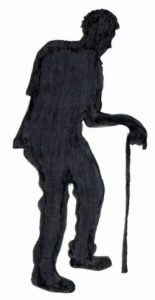
Returning to normal life was difficult. Getting up and down stairs was particularly challenging. Each step was like a mountain, requiring careful navigation on its treacherous terrain. I required a wooden cane to move around effectively. I began taking small walks around my neighborhood to get blood into my veins and reduce swelling. I had to be careful not to overdo it. One Friday, I walked a little bit farther than I should have and I spent that whole weekend on the couch. The fragility of my body constantly reminded me that if I didn’t take care of myself when I was young, it would not support me as I aged.
Seven … eight … nine … ten! I counted every step on my morning walk, aware of how much of a blessing they were. It had been over two weeks since I was hospitalized and this was one of my first walks without the aid of my cane. It was strange. I had spent the last two weeks using that cane and it had become a companion of sorts. But with my foot no longer swollen and my joints back to normal, I no longer needed it.
I returned to the walk and smiled. I wouldn’t trade my ability to move for the world. I breathed in the cool spring air and continued to move forward, every step a privilege, every movement a gift.♦





























